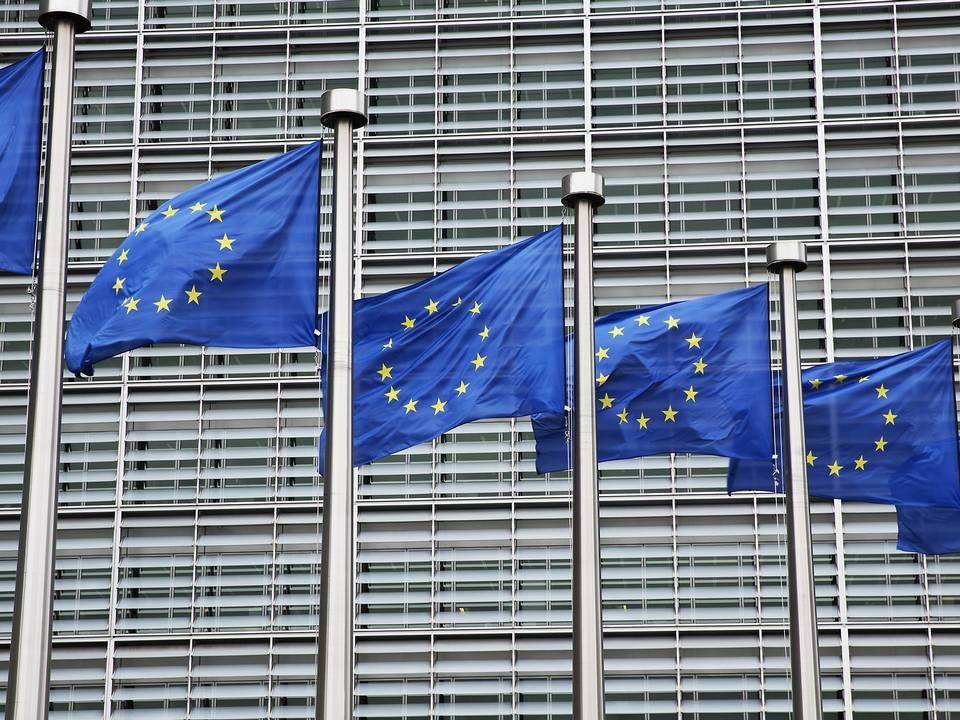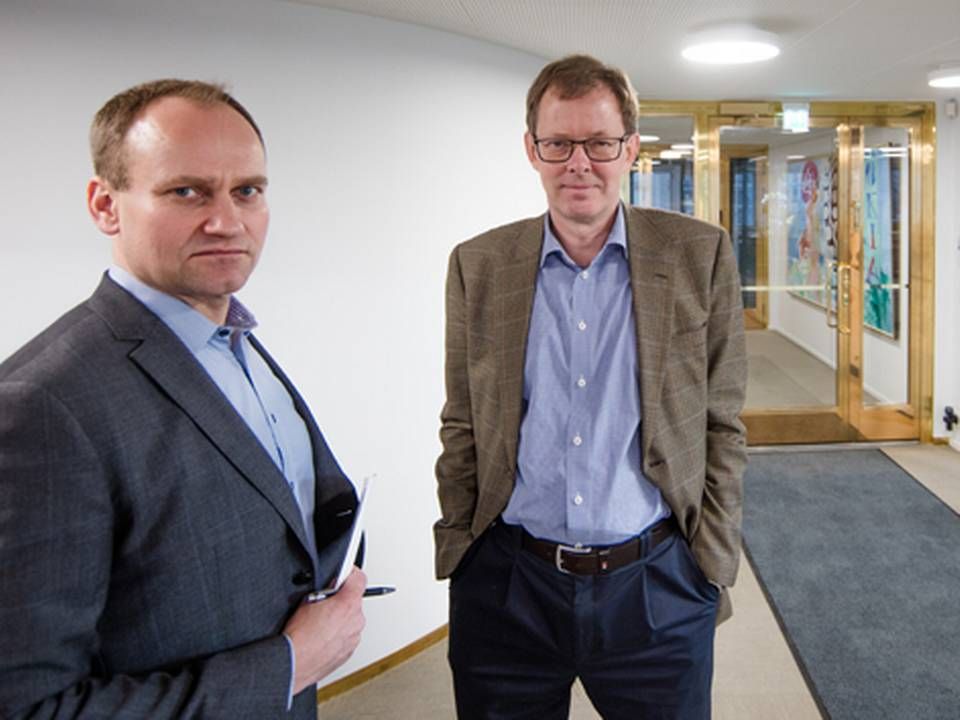Column: Rising inequality challenges growth and welfare

Income inequality is one of the greatest socioeconomic challenges of our time – potentially with far-reaching and devastating consequences for economic growth, prosperity and welfare all over the world.
Because of this, investors in Denmark and worldwide should emphasize this element in ESG analyses and in dialogs with portfolio companies and countries issuing government bonds. The social aspect – the S in ESG – tends to step into the background, when ESG is placed in the spotlight.
This is particularly unfortunate, since it's an important problem to factor in, as income equality grows.
Inequality impedes growth
Even though the level of inequality varies across nations, the gini coefficient, which measures the dispersion of income and inequality, has generally increased in recent years. Even Denmark, one of the most equal countries in the world, is experiencing an increasing disparity in the income distribution.
From a global perspective, many factors drive the growing income inequality. Many industries are experiencing expansive consolidations, and this concentrates economic power around a small number of companies. Meanwhile, a long list of jobs is outsourced, automated or changed to part-time positions, resulting in smaller salaries.
Another key factor is the way in which taxes and tariffs are used less as a way of redistributing wealth. This is because many countries have poorer access to public services, whereas taxes have dropped for the richest one percent in many countries.
The International Monetary Fund (IMF) estimates that if the most wealthy individuals become one percentage richer, a country's GDP will drop 0.08 percent over the next five years. If the middle class and those with the lowest income instead become one percentage richer, the whole country's GDP rises 0.38 percentage points in the same period.
In short, this means the GDP growth is harmed, when inequality rises.
Money politics increase inequality
For societies in all parts of the world, there are advantages to lessening financial inequality. This is often a way of gaining more political stability, economic growth and more wide-reaching welfare.
However, the trend is moving in the opposite direction, and politicians as well as investors should take this into account. We often find that a higher inequality increases the pressure coming from extreme political wings to lead politics that increase equality and social mobility.
It unfolds as a wave of political populism, which may cause an increase in protectionism and regulation and taxation of multi-national companies.
One of the reasons behind the increasing inequality is the eased monetary policy. As a result of the central banks' low interest rates and asset purchase programs, the asset prices have risen. This increases inequality, since the people sitting on the skyrocketing assets are also the most wealthy.
So even though the monetary policy have helped putting our growth back on track, it also highly benefits those owning equity, property and other alternative assets. This means the drawback of the central banks' eased monetary policys is an increase in inequality – that is, if politicians don't work towards ensuring redistribution.
Financial inequality comes with a list of consequences that are of no benefit to general society.
Equality opportunities
Investors need to take inequality into account, because it's important for the overall growth prospects, but also because it's important for the companies and countries we invest in. New markets and growth opportunities open and close, as the living standards for millions of people rise and fall.
All in all, the increasing inequality will lead to a pressure on nations around the world to create more equality. As investors, we need to take this trend into account.
Future growth opportunities might end up revolving less around luxury benefits and more about companies for example creating cheap housing in expensive cities. Or about firms offering high-quality education at affordable prices, which raises the income scale for low-income segments.
In developing countries, more and more people will demand access to banks and other financial services. This opens up new opportunities for companies using technology to help low-income groups manage their private economies.
Growth opportunities are moving from the wealthiest to the mass markets in the middle of the scale.
The companies and sectors that are affected negatively and positively, respectively, by the increasing income inequality, these are central considerations to us at T. Rowe Price, when we make investment decisions. By investing in companies that contribute to lessening income inequality the money works towards forming a better world with more welfare.
This will most likely becoming an increasingly significant theme among investors and politicians in the coming years, as the consequences of income inequality become more evident.
English Translation: Nielsine Nielsen
(This article was provided by our sister media, FinansWatch Denmark)
How Europe is leading the way in reshaping global green bonds
The world’s most-profitable hedge fund is now a climate radical
Related articles
Finnish charity giant sharpens ESG focus
For subscribers















